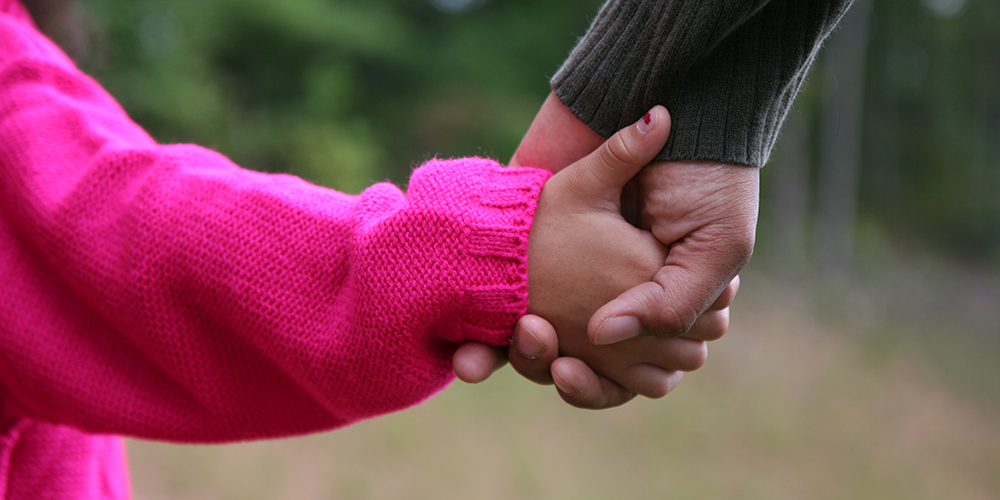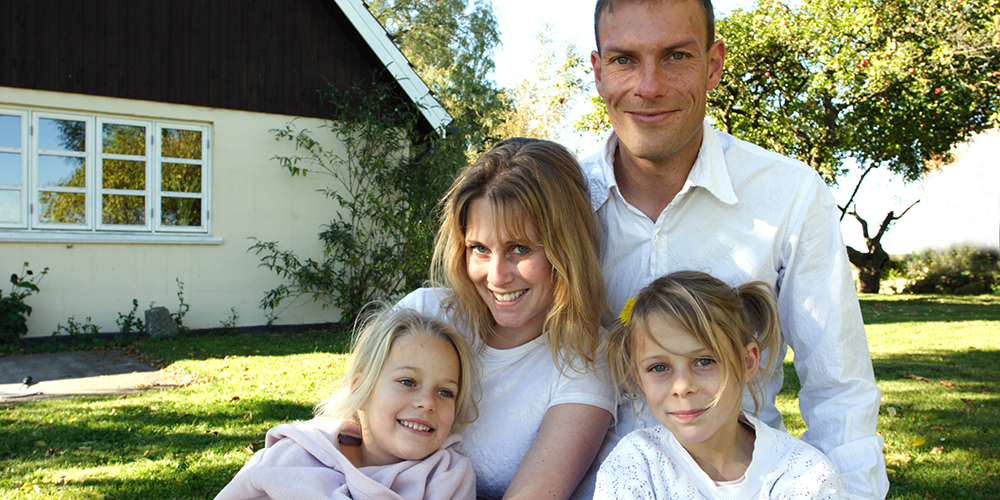Foster parenting is no easy task. There are numerous demands, sleepless nights, and gut-wrenching moments of anguish. At times, foster parents feel like giving up. At other times, foster parents are elated and feel a sense of great joy at the growth of their foster children and the success of the biological parents whose children they are fostering. Fostering an older child will cause all of those feelings and many more.
When it comes to fostering an older child, the road is also one filled with curves and unexpected bumps. However, fostering an older child, while challenging, absolutely can bring about growth within the foster parent. Here are a few reasons why.
- Simply by saying “yes” to fostering older children, you are choosing to not get bogged down in the belief that “the younger, the better.” Because of this, you learn that fostering older kids is a gift that unwraps itself on a day-to-day basis. You see that older children can learn, grow, and respond to guidance and nurture.
- You gain a lot of insight into the social and emotional struggles of today’s older youth. It’s hard being a middle-schooler or high-schooler. Multiply that by being separated from a family of origin, being in foster care, and dealing with the effects of trauma, it is easy to understand why some older kids in the system struggle. Fostering older children is a wonderful way to learn how to advocate for their needs.
- You may be forced to step outside of your comfort zone. Older children can push boundaries (just like younger ones). They can serve up a dish of sarcasm, stand up for themselves, and possibly confront you about issues that mean a whole lot to them. All of these things feel uncomfortable; yet, they pave the way for growth for both you and the youth. Stepping outside of your comfort zone can be scary but also incredibly powerful.
Fostering older children may not be for everyone; however, the families who have chosen this typically enjoy working older youth. They have come to realize that they can still very much make an impact on the lives of those who need guidance, support and the important feeling of belonging.



